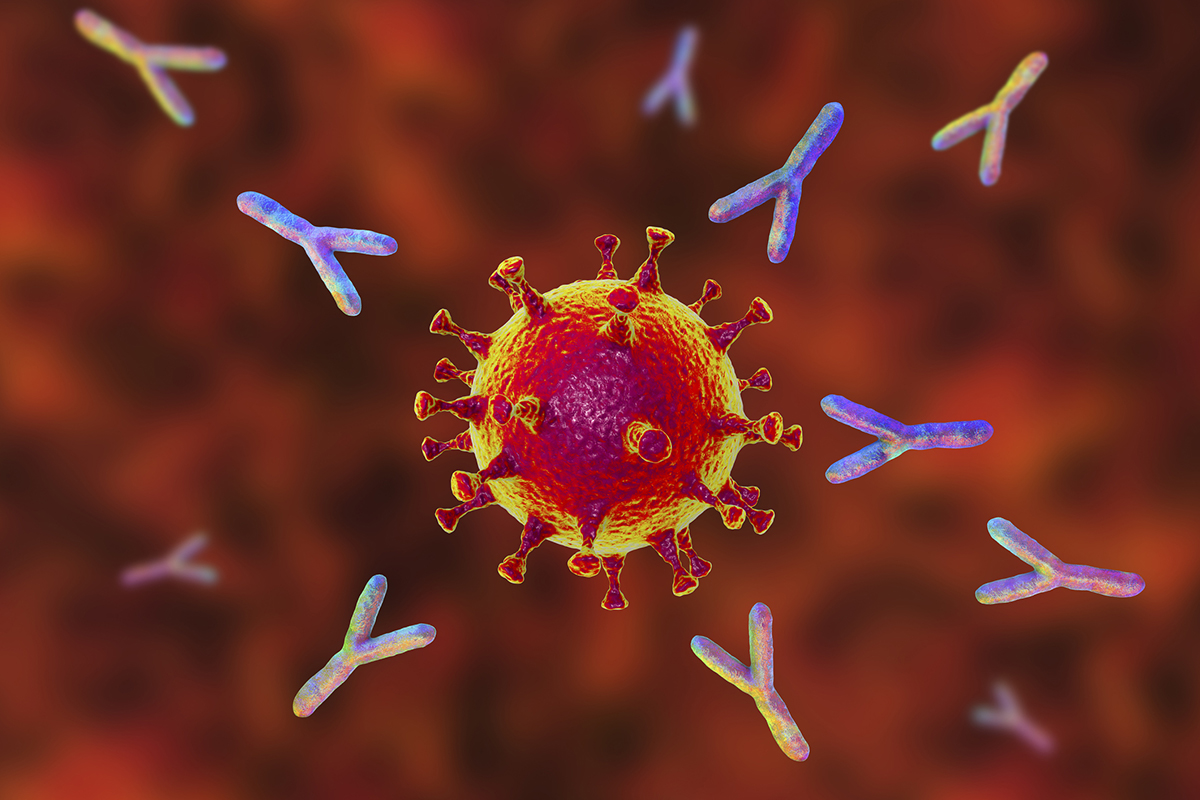
A new small-scale study reveals that the common cold may help in protecting COVID-19. Read to know how it is possible.
How does common cold fight COVID-19?

According to a new study, some people developed a ‘memory bank’ of specific immune cells after getting the common cold. This helped in preventing future attacks. Additionally, they were less likely to catch the coronavirus. The study published in Nature communication involved 52 people living with people previously infected with COVID-19. However, experts stress that we should not rely on this function for defense. Vaccination is vital for fighting the virus.
SARS-CoV-2, a type of coronavirus causes COVID-19. However, some coronaviruses can cause the common cold. Hence the study is exploring if immunity against one type of coronavirus will help in fighting others. The researchers believe that the results help further our understanding of the immune system. The ‘memory banks’ are useful in understanding how our body fights viruses. However, according to the experts, assuming the common cold provides protection from covid is a ‘grave mistake’.
How does the memory bank work?

The team from Imperial College London wished to better understand why some people catch COVID-19 after exposure and others do not. Hence, they focused on our body’s T-cell, the most important part of our immune system. T-cells kill cells infected by a threat, for example, a virus that causes the common cold. And, once the cold subsides, some T-cells stay in the body, creating a memory bank. This helps in defending the body the next time the virus attacks. T-cells target internal virus proteins and they don’t vary with variants, unlike spike proteins.
In September 2020, scientists studied 52 unvaccinated people who lived with COVID-19 positive patients. Out of the 52, had contracted COVID-19 while the other half did not. Among them, one-third had higher levels of specific memory T-cells in their blood samples. This likely occurred when they were previously infected by another human coronavirus, a common cold. “Although this was a relatively small study, it added to the understanding of how our immune system fights the virus and could help with future vaccines,” stated Dr. Simon Clarke from the University of Reading. “These data should not be over-interpreted. It seems unlikely that everyone who has died or had a more serious infection has never had a cold caused by a coronavirus. And it could be a grave mistake to think that anyone who has recently had a cold is protected against Covid-19, as coronaviruses only account for 10-15% of colds,” he added. Hence, creating vaccines that can harness the T-cell’s work can help in creating broader and long-lasting protection.






